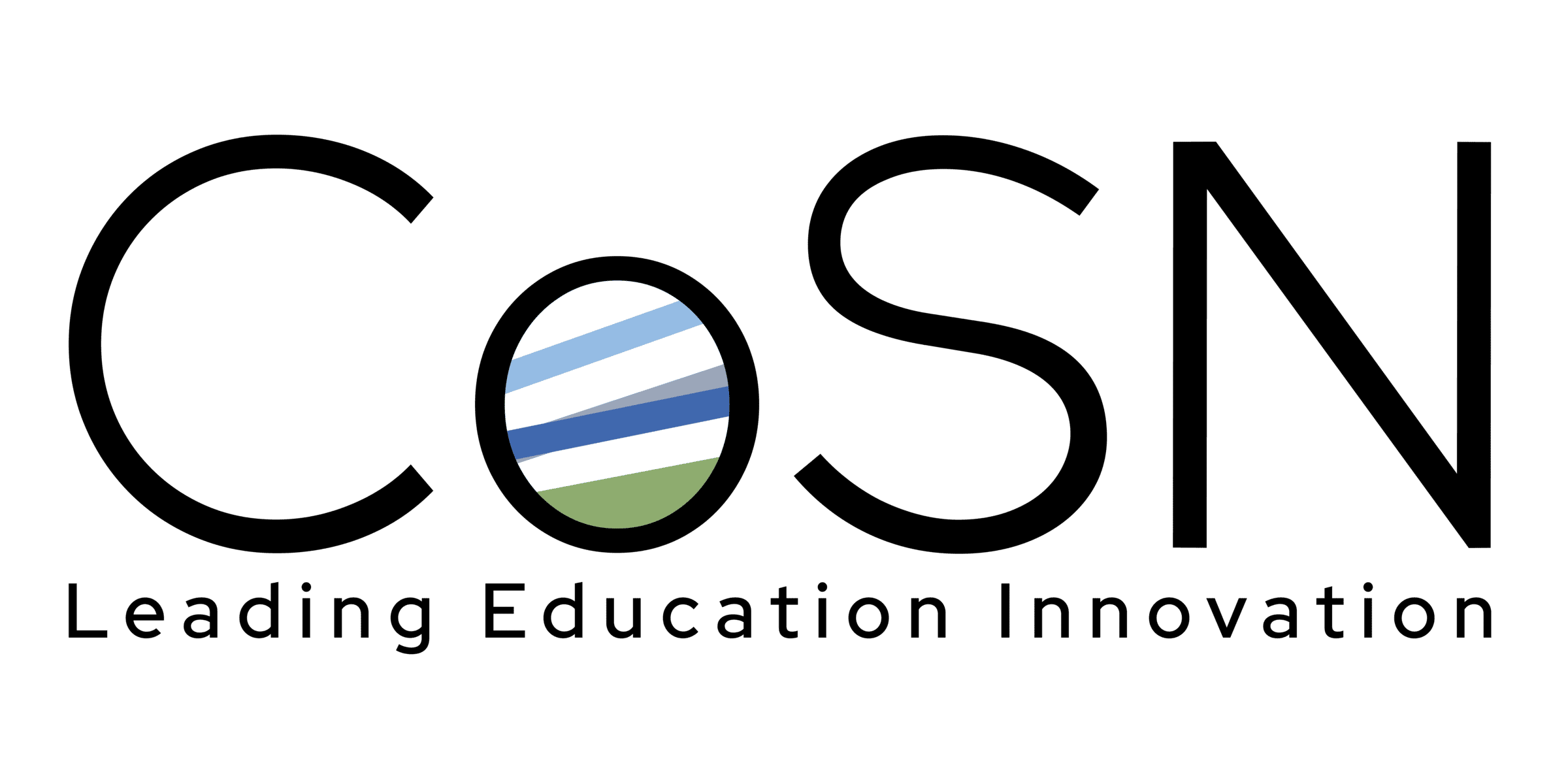Three years ago, CoSN created the Community Leadership Award for Digital Access to encourage, promote, and honor districts working to reduce inequities resulting from the Digital Divide. As an organization, we define Digital Access as access to devices and high-speed Internet as well as the promotion of Digital Literacy. Thus, the Community Leadership Award recognizes districts that address all three pillars within their community. This year’s winner, Vancouver Public Schools (VPS), has not only tackled these challenges but also focused on achieving education access for all students through the design of a comprehensive digital program.
Located in Washington state’s fourth largest city, directly across the Columbia River from Portland, Oregon, VPS serves nearly 24,000 students in 21 elementary schools, six middle schools, and six high schools which includes several specialized programs including an arts school and a STEM school. Within this diverse community, 24% of the students speak a language other than English, 48% qualify for free and reduced-price lunch, and 13.7% receive special services. Consequently, at the heart of the VPS digital program lies the fundamental belief that technology should be used to create flexible learning environments that provide ubiquitous access to information and allow ALL students to become critical thinkers, confident problem-solvers, and active contributors to their community.
When Dr. Steve Webb became superintendent in 2008, he realized that achieving educational access would require broad public support. Therefore, he began by hosting planning symposiums that included students, teachers, parents, and administrators, as well as community and business partners. Five years later, VPS secured local levy funding to launch a 1:1 program in grades 3-12.
To ensure that every student had equitable access to information and learning, the district chose devices that met the needs of students rather than go with a one-size-fits-all approach. Though the majority of students received iPads because of their accessibility features, creativity tools, and ability to work offline, Vancouver iTech Preparatory and Vancouver Flex Academy students got PC laptops that better supported their specific programs. Further, so that all students and families could have equitable access to the Internet outside of school, the district installed WiFi on busses and provided hotspots for check-out.
With students possessing access to devices and the Internet, district leaders realized that the journey had just begun. They recognized that teachers and students needed to develop digital dexterity – the capacity to adapt fluidly as technology evolves; that schools should promote more engaging ways to deliver instruction such as Project Based Learning; and that the district required ongoing opportunities to communicate these ideals throughout the community to ensure ongoing and sustained support. As such, the district launched a professional learning program for teachers and students as well as an extensive community outreach program.
Professional Learning for Teachers and Students
VPS wanted teachers and students to embrace technology as a means to promote and increase agency, viewing the 1:1 program as an opportunity for students to take ownership of the path, place, and pace of their learning. However, district leadership also understood that to achieve these goals would require ongoing instructional support. In response to this need, the district began to employ instructional technology facilitators — also known as TOSAs (Teachers on Special Assignment) — who would work at the district level to support teachers and students.
Over the past few years, the TOSAs have launched several professional learning programs beginning with the Hour of Creation. During this time, a TOSA works with a classroom teacher to model new instruction and demonstrate the use of a new tool from an instructional standpoint. Not only does this provide guidance for the teachers, but it also serves as a form of professional learning for students who experience new ways to use their devices.
Additionally, VPS realized that students might be the best ambassadors for the use of technology. The district’s weLearn showcase brought students from across the district to share their work with the broader community. Through participation in the weLearn showcases, teachers gained new ideas, parents saw the results of new learning experiences, and the community better understood the work being done in the schools.
Community Outreach
From the beginning, VPS has included parents and community members in discussions around digital learning. Additionally, the district has used social media, traditional media, and showcase events to communicate what is happening within the schools and to help the broader community understand the potential for student learning with technology.
Most important, VPS leaders want parents to feel as though they are both partners and resources in this digital endeavor. The district’s Responsible Use Policy invites parents into their children’s digital world by highlighting their responsibilities as well as those of the district. With the potential for 24/7 communication, parents understand that they can serve as partners and must be especially responsive to concerns about safety and citizenship. By creating this partnership, the district has increased transparency and encouraged ongoing dialog with students’ families.
Next Steps
As a testament to the district’s success, the VPS voters recently reauthorized the technology levy to continue funding of the initiative through 2023. This money will allow the district to upgrade existing devices and expand technology offerings to grades K-2. In the coming years, VPS plans to extend professional learning support to educators and administrators as well as continue to emphasize the idea of digital dexterity so that students and teachers develop a deeper understanding of how to choose the right tools to solve whatever problems they may encounter.
As this year’s winner of the Community Leadership Award for Digital Access, Vancouver Public Schools demonstrates what is possible when a 1:1 program is designed to achieve educational access.

